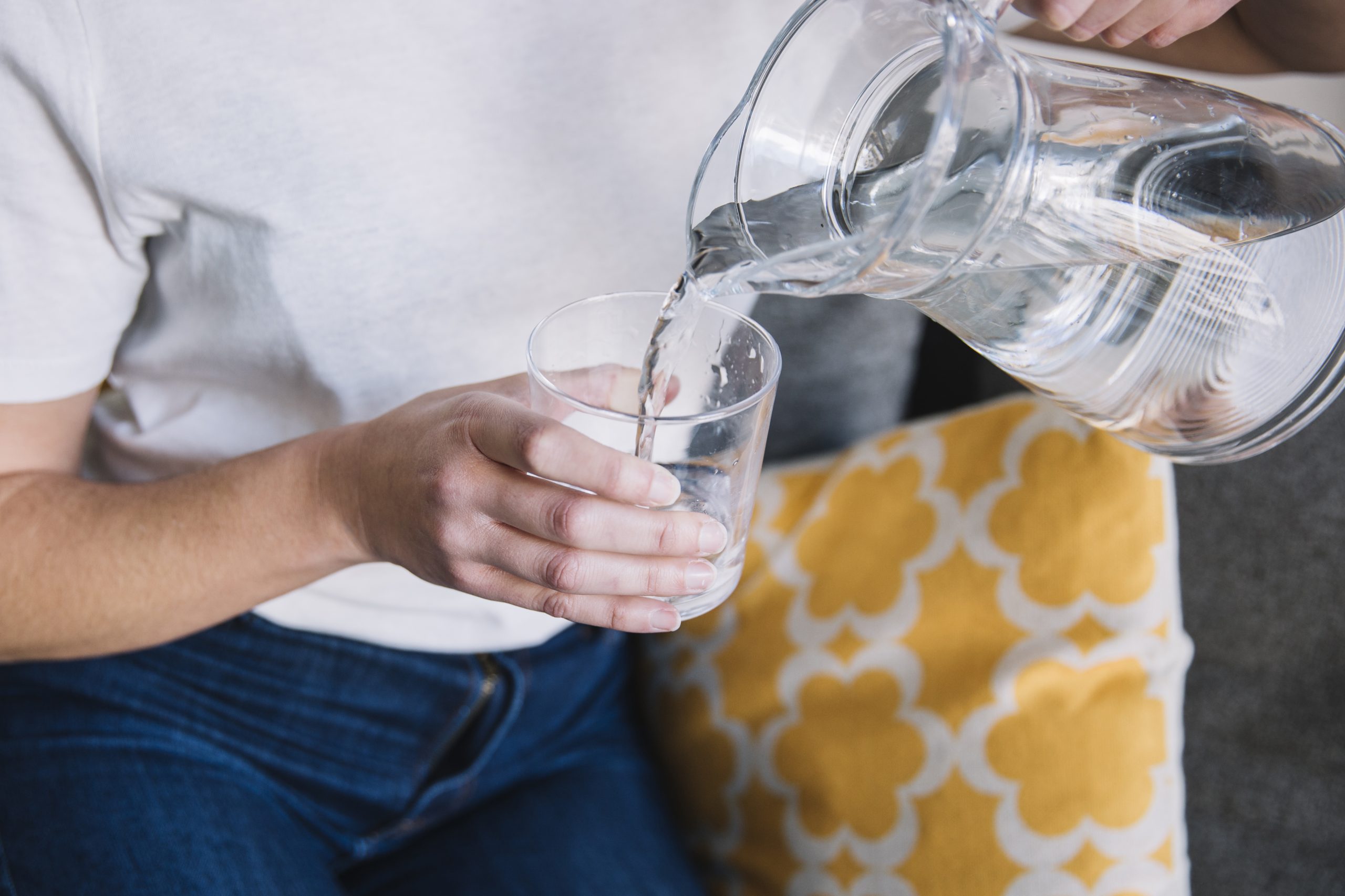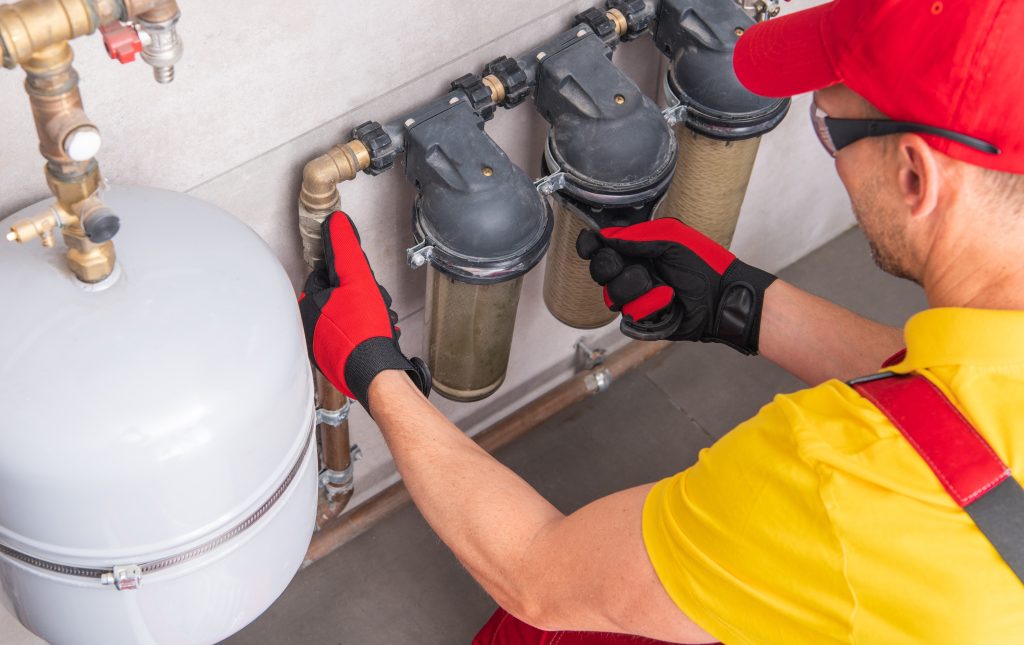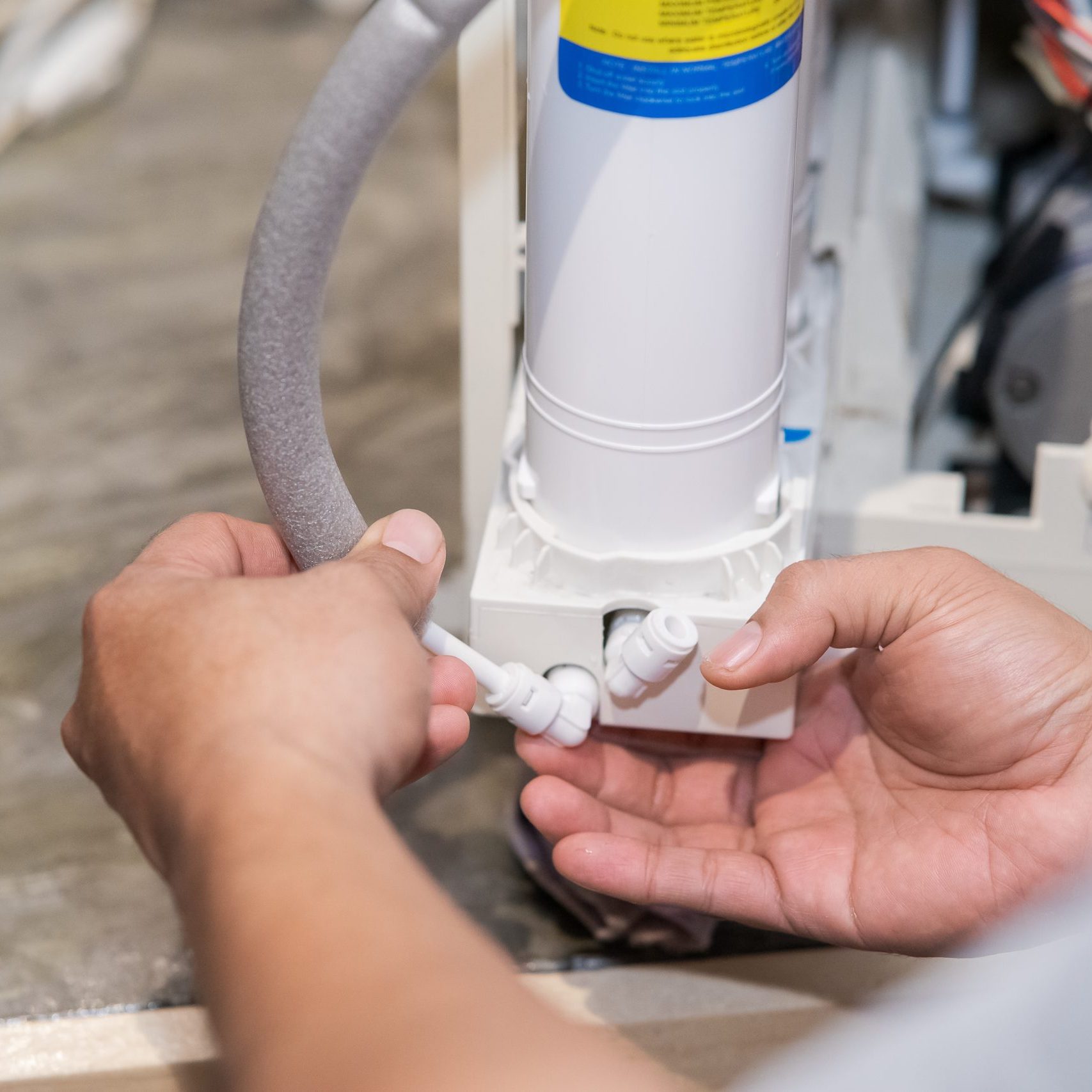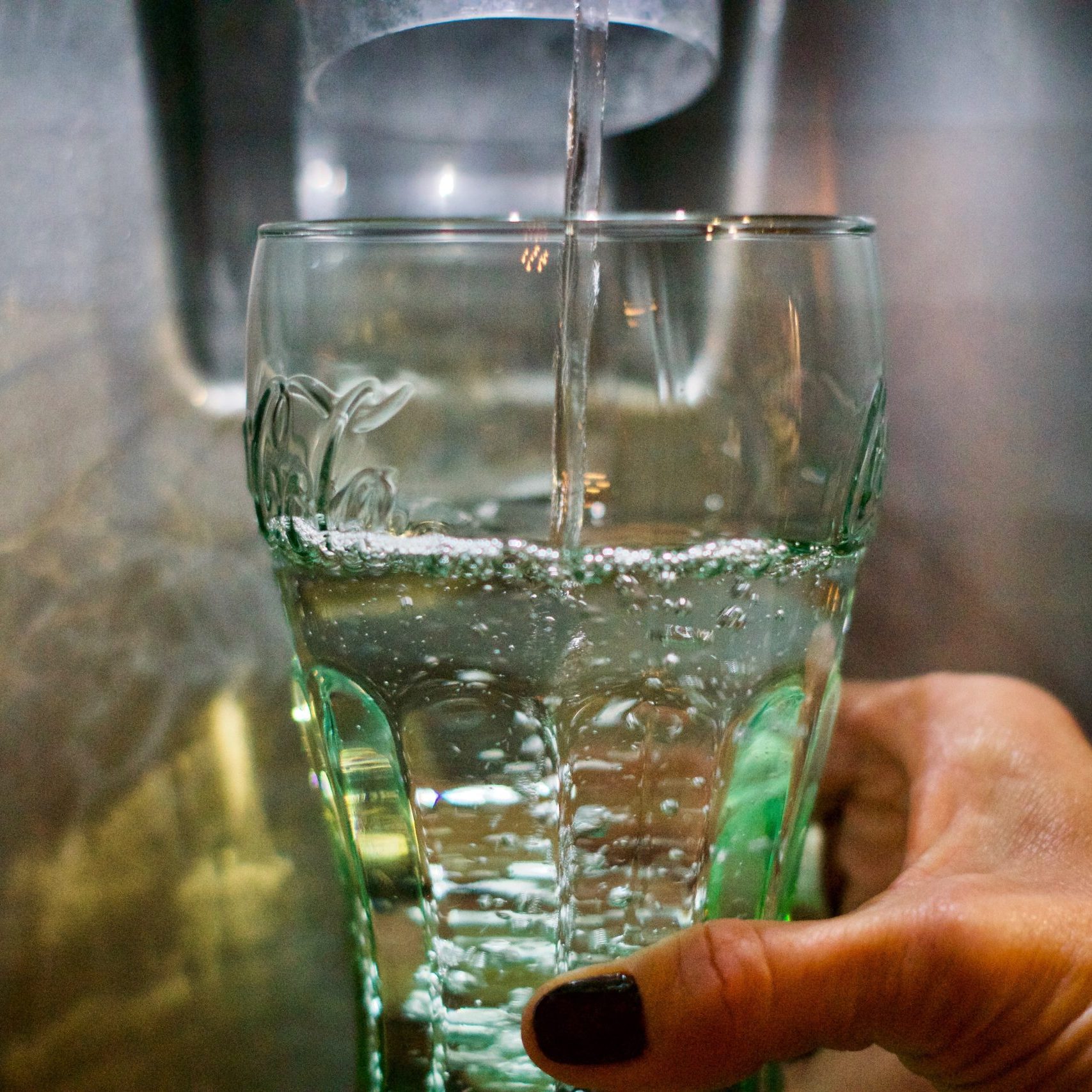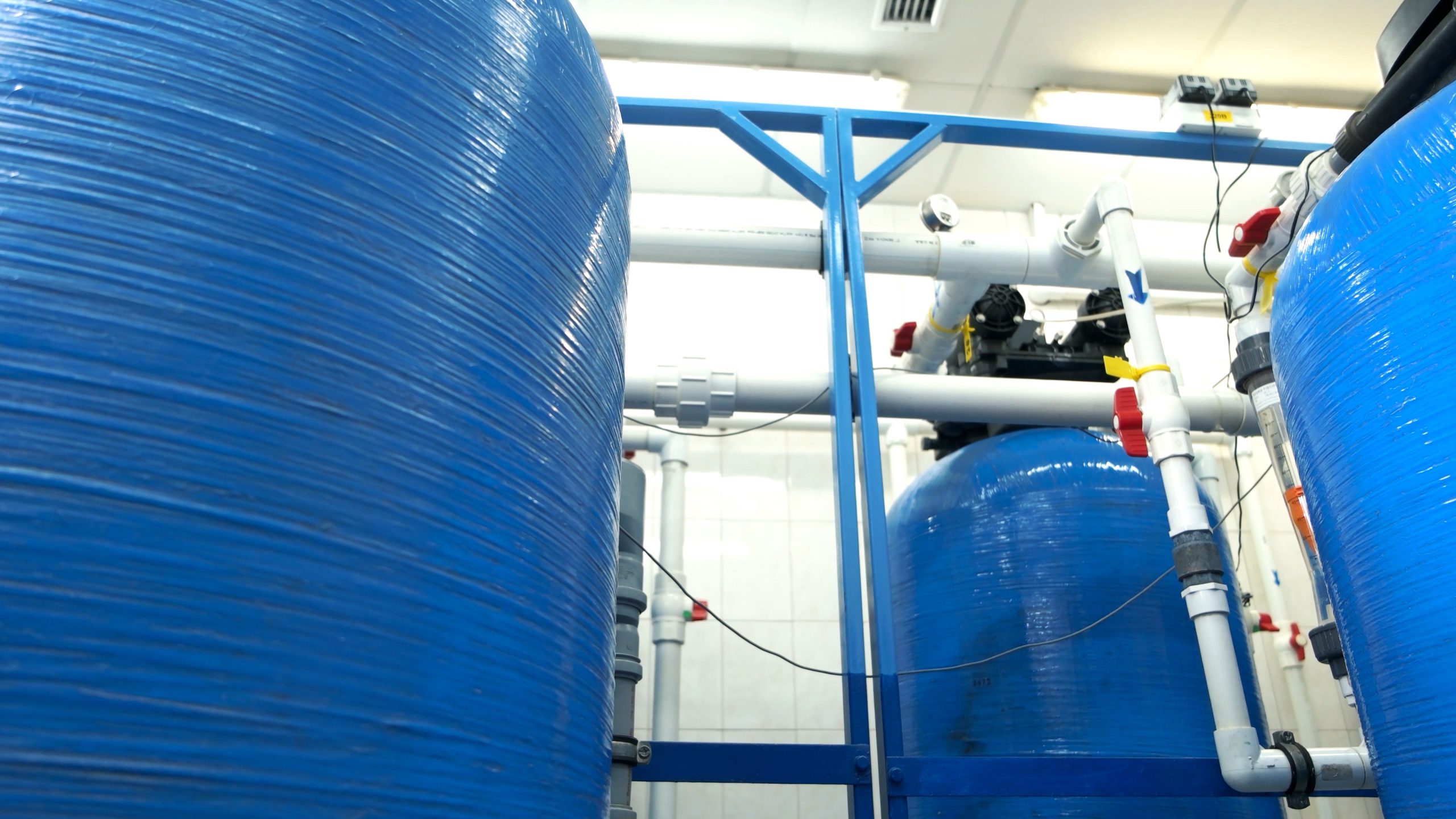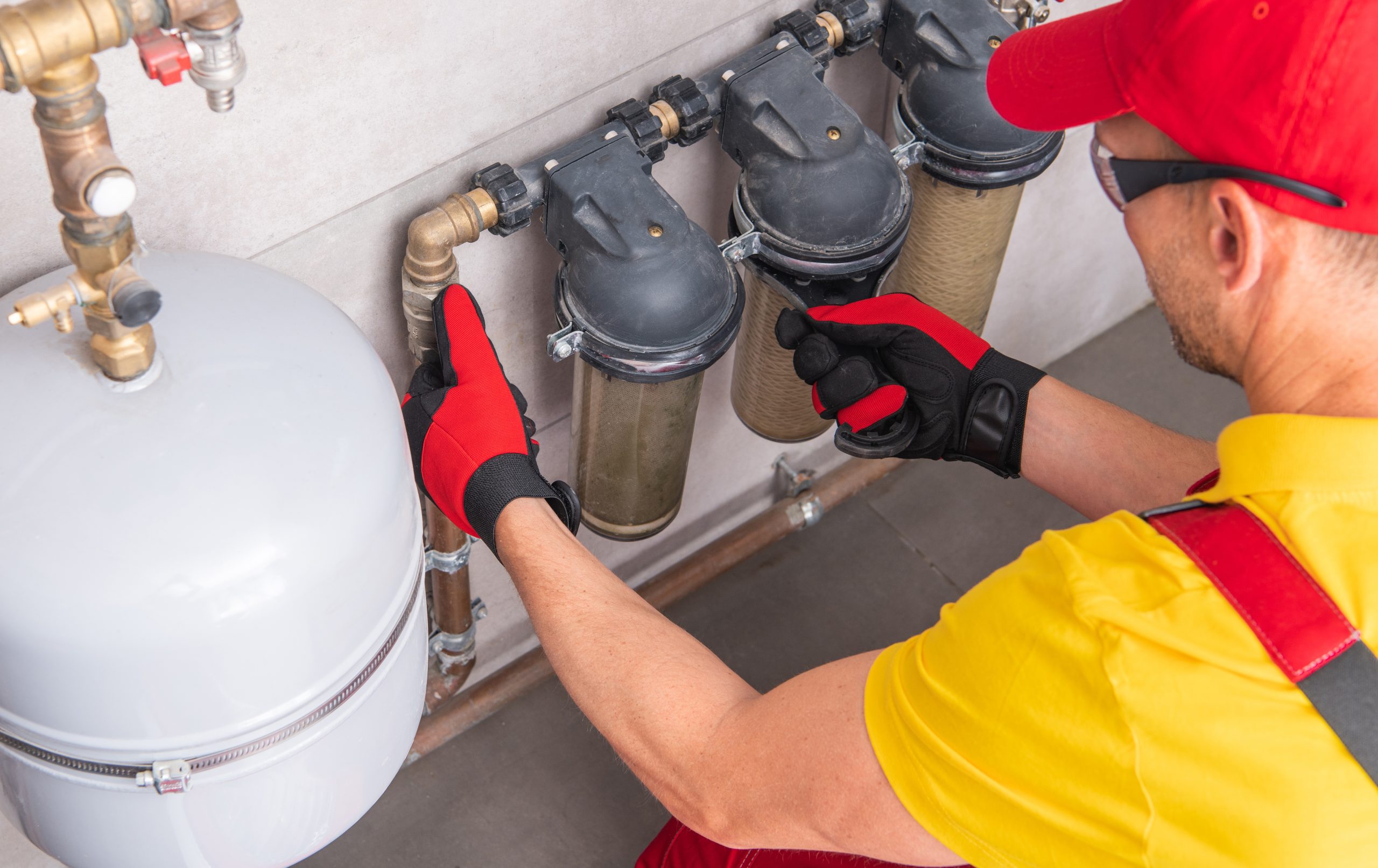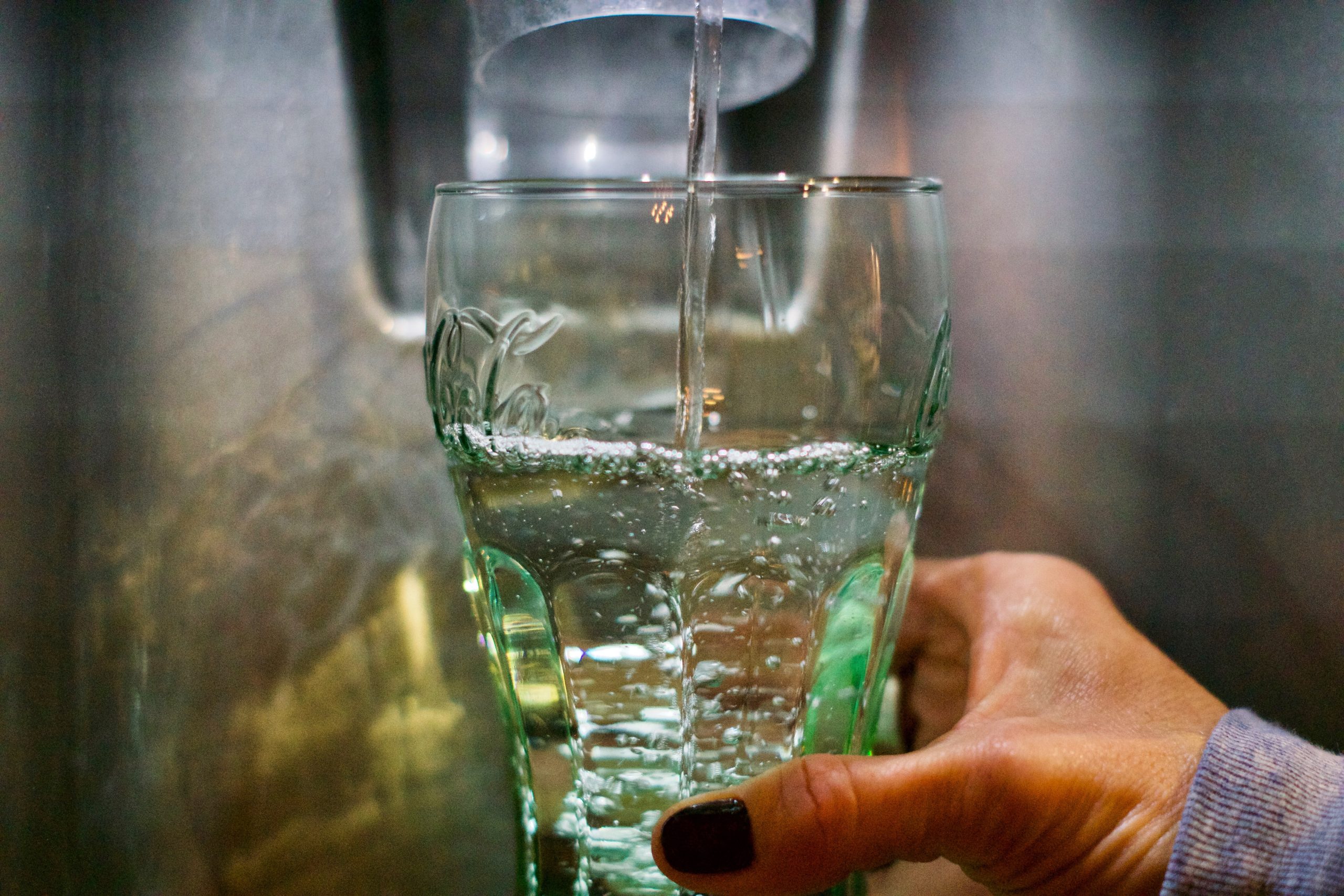Understanding Tampa's Watering Schedule: When to Hydrate Your Lawn
If you are a resident of Tampa or own property in the area, it's crucial to understand Tampa's watering schedule to maintain your lawn efficiently and responsibly. The City of Tampa Water Department has set specific regulations to conserve water while ensuring that your lawns remain healthy and vibrant.
In Tampa, watering schedules are based on your address's last number. If for example, your house number ends with 0, 1 or 2, your designated watering day is Monday. For those addresses ending in 3, 4, or 5, their irrigation day is Tuesday. Addresses ending with 6, 7, or 8 water their yards on Wednesday and for addresses ending with 9 or no address at all, their watering day is Thursday. It's worth noting that watering is not permitted between 8 AM and 6 PM, regardless of address, to limit evaporation.
Watering restrictions also apply to various forms of irrigation including private wells and pumps, ground or surface water, and water from public and private utilities. However, there are exceptions such as reclaimed water users, low-volume hand watering, and micro-irrigation which are exempt from day-of-the-week and time-of-day restrictions if used for non-lawn landscaping.
The City of Tampa Water Department highly encourages citizens to adhere to these schedules to promote responsible water usage and ensure our resources are well maintained for future generations.

.01
Water Company in Florida, USA
Welcome to our Water Company, where we dive into the world of water and everything that revolves around it. Here, you’ll find valuable insights, tips, and news about our services and how we strive to provide top-quality water solutions. Join us as we explore the importance of clean water and its impact on our everyday lives.
The Role of Water Companies in Ensuring Clean and Sustainable Water Supply
Water companies play a vital role in ensuring clean and sustainable water supply for communities. They are responsible for the treatment and distribution of water to households, businesses, and industries.
Decoding the Lifespan of a Water Well in Sunny Florida: An Insightful Guide
Understanding the Lifespan of Water Wells in Florida can seem like a daunting task, especially when you are a homeowner relying on it for your daily water needs. However, with proper knowledge and management, a well-maintained water well can serve you for many years.
The Lifespan of a Water Well
A typical water well in Florida has a lifespan that ranges between 20 to 30 years. Nonetheless, various factors such as the well's construction quality, its maintenance schedule, the quality of the pump, and local water conditions influence the lifespan.
The Importance of Proper Well Construction
The durability of a well largely depends on its construction. A well-constructed water well should have a robust casing and screen to prevent debris and contaminants from entering, which can cut short the lifespan of a well. Also, the proper placement of a well away from potential contamination sources such as septic systems and livestock areas is critical in ensuring its longevity.
Regular Well Maintenance
Another huge factor in the lifespan of a water well is the regularity and quality of its maintenance. Regular inspections and cleaning of the well can prevent damage and ensure optimum operation. Components like the pump motor need to be checked regularly and replaced if necessary, as this can extend the well's lifespan.
Water Conditions in Florida
Water conditions in Florida also play a significant role in determining the lifespan of a water well. Florida's water is generally high in mineral content or "hard water," which can cause wear and tear on a well system, affecting its durability. Additionally, areas with a high water table or heavy rains can lead to overuse or flooding of the well, further shortening its lifespan.
In conclusion, the longevity of a water well in Florida is dependent on various factors, including its construction, maintenance, and local water conditions. Understanding these factors can support homeowners in making informed decisions about their well maintenance, eventually prolonging the lifespan of their water well.

FAQ
Photo Gallery
Unveiling the Truth: Is Drinking Well Water Really Safe?
Assessing the Safety: Is Drinking from Your Well Water Healthy?
Well water is a common source of drinking water for many individuals around the world. It's crucial to understanding if consuming from your well water is safe and beneficial for your health or not.
Many people have wells on their property, which provide a free, reliable water supply. While it may appear clean and safe, it is important to note that various harmful contaminants can infiltrate well water. These contaminants can be naturally occurring minerals or result from human activity, such as farming or industry.
Some of the most common contaminants found in well water include bacteria, nitrates, heavy metals like lead, and other harmful substances. High levels of these contaminants can lead to various health problems, including gastrointestinal illness, reproductive problems, and neurological disorders.
To ensure that your well water is safe for consumption, it is crucial to have it tested regularly by a certified laboratory. This process will identify any harmful substances and help you determine the quality of your water. The frequency of testing can vary based on several factors, including changes in taste, color, or odor, the presence of disease-causing organisms in the region, and the occurrence of flooding.
In addition to regular testing, proper well maintenance and inspection are also critical. This includes keeping the wellhead secure from potential contaminants and regular checks for cracks or leaks.
Remember, just because your well water looks clear doesn't mean it's safe to consume. Regular testing and careful maintenance are key to ensuring that your well water is safe and healthy to drink. After all, clean and safe drinking water is not just a necessity – it's a right.
